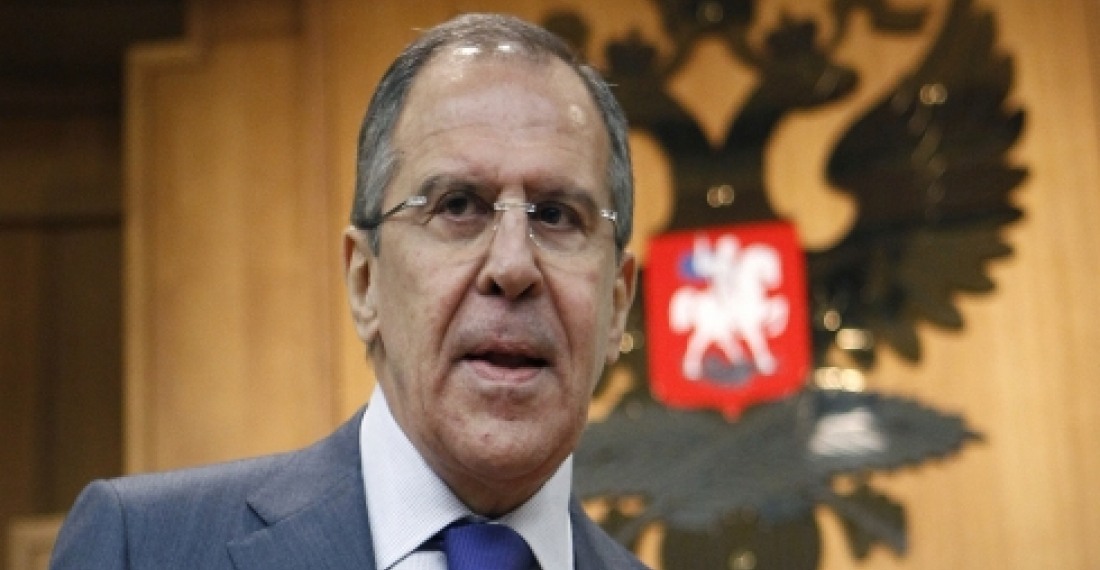Islamic State fighters may be training in Georgia's Pankisi Gorge according to Russia's foreign minister, but his comments have been firmly dismissed by the Georgian president and prime minister.
"Reports are coming even now that IS members are using this remote territory for training, rest, and replenishing," said Sergei Lavrov in Moscow on Tuesday January 26.
President Giorgi Margvelashvili, who visited the gorge in eastern Georgia with the US and EU ambassadors on Saturday January 30, dismissed Lavrov's comment.
"I am here with the EU and U.S. ambassadors, as well as with journalists, and you can see with your own eyes how calm [the situation] is," he said.
Ian Kelly, the US Ambassador, also rejected Lavrov's comments.
"We of course cooperate very closely with Georgia in the fight against terrorism. There are no training camps for terrorists in the Pankisi Gorge," he said.
In August 2002, the Georgian foreign ministry said the gorge was bombed by Russian aircraft, an allegation which was denied by then Russian defense minister Sergei Ivanov.
Many Kistinians, who share a common language and Islamic faith with Chechens across the border in Russian,live in the Pankisi Gorge. They are descendants from immigrants who came between the sixteenth and nineteenth centuries. There are also Georgian and Ossetian settlements in the region.
During the 1990s and 2000s the gorge was settled with refugees from Chechnya, who fled across the border because of the first and the second Chechen wars. In 2008 the area was home to about 600 Chechen refugees.
"Pankisi poses no terrorism threat whatsoever. We will provide them [Russia] information through available channels of communication in order for them to have more precise information about the situation existing in the region," said Georgian prime minister Giorgi Kvirikashvili in a statement. "Several dozen of people from there went to [Syria] to fight for the Islamic State, but there is a strict control over their return and criminal prosecution applies [against them]," PM Kvirikashvili added.
Source: commonspace.eu with civil.ge, tass.ru and other media outlets






